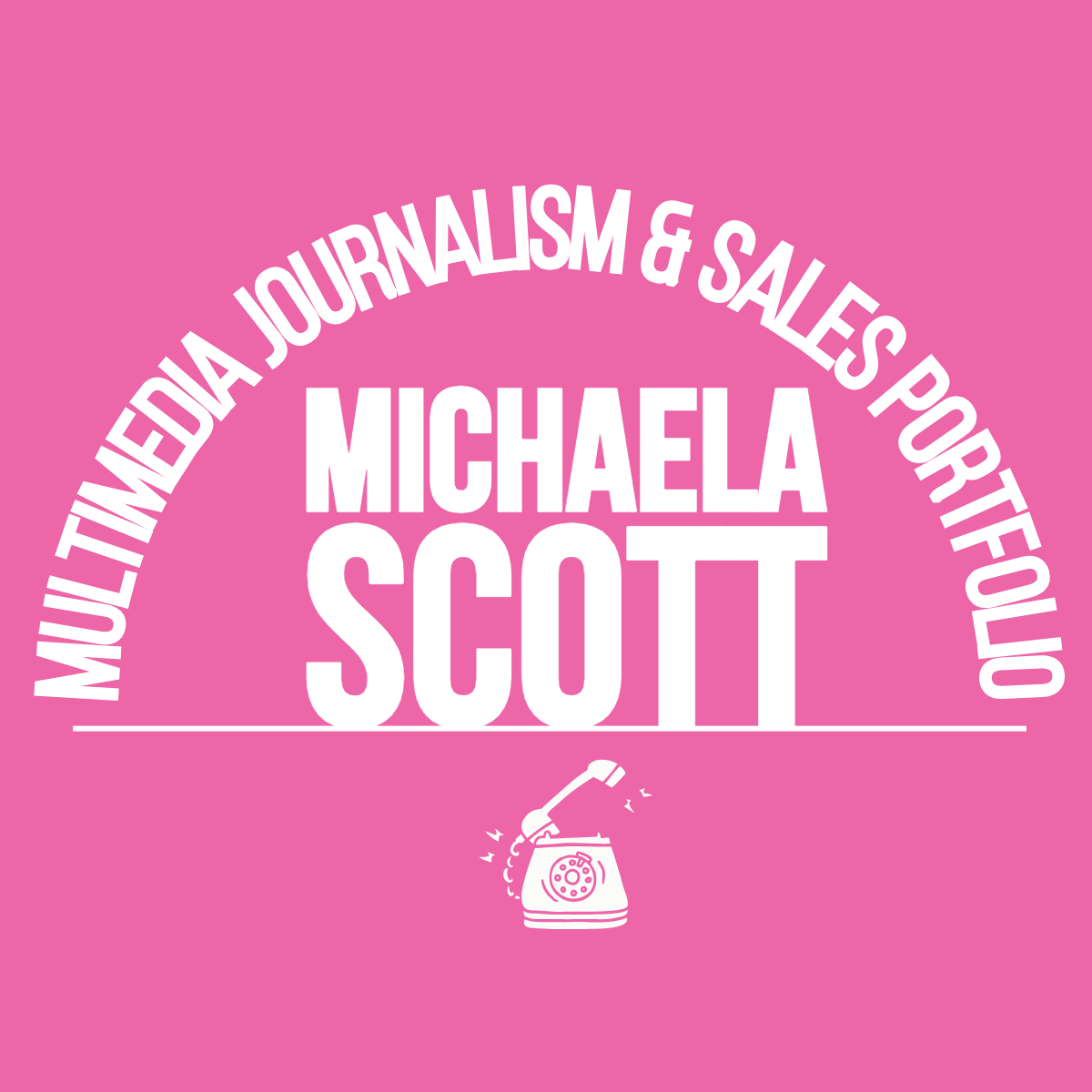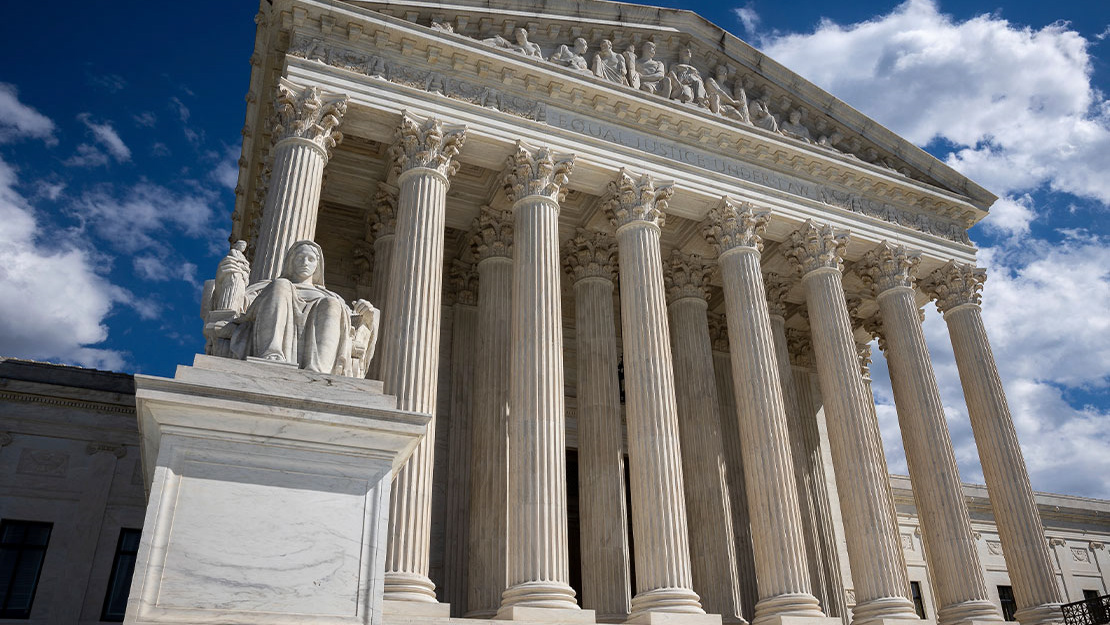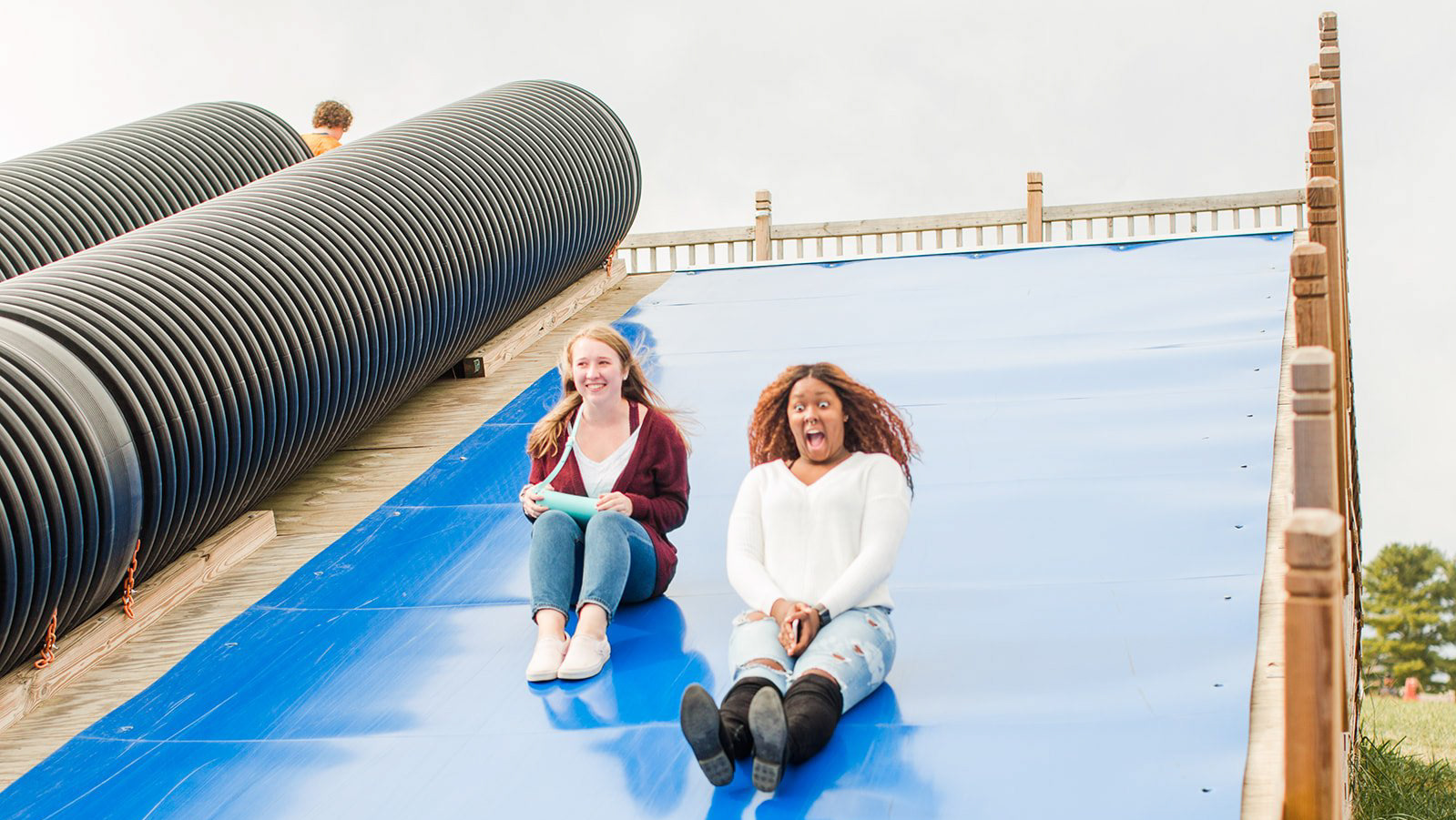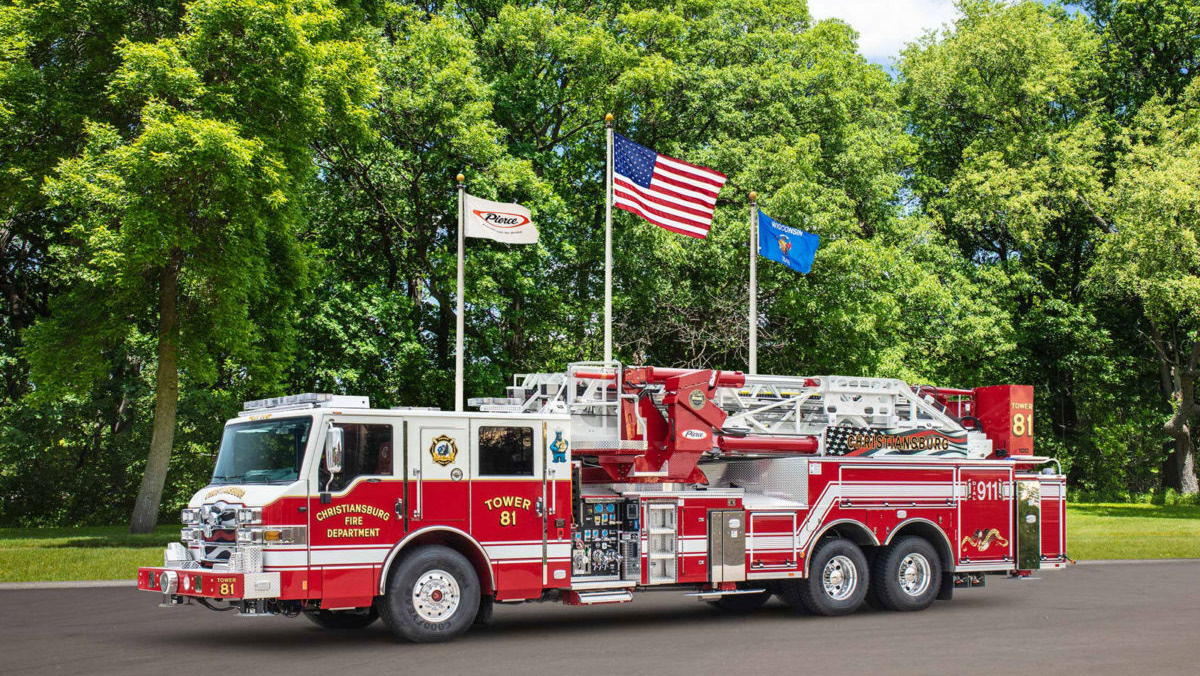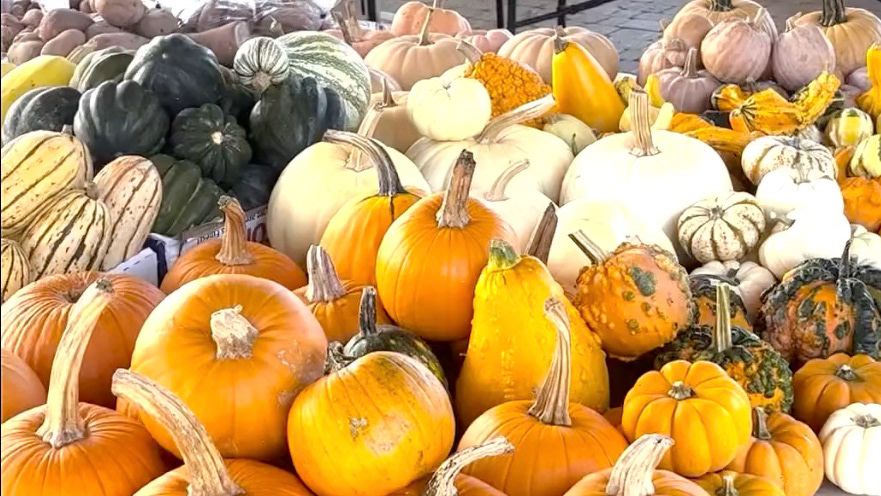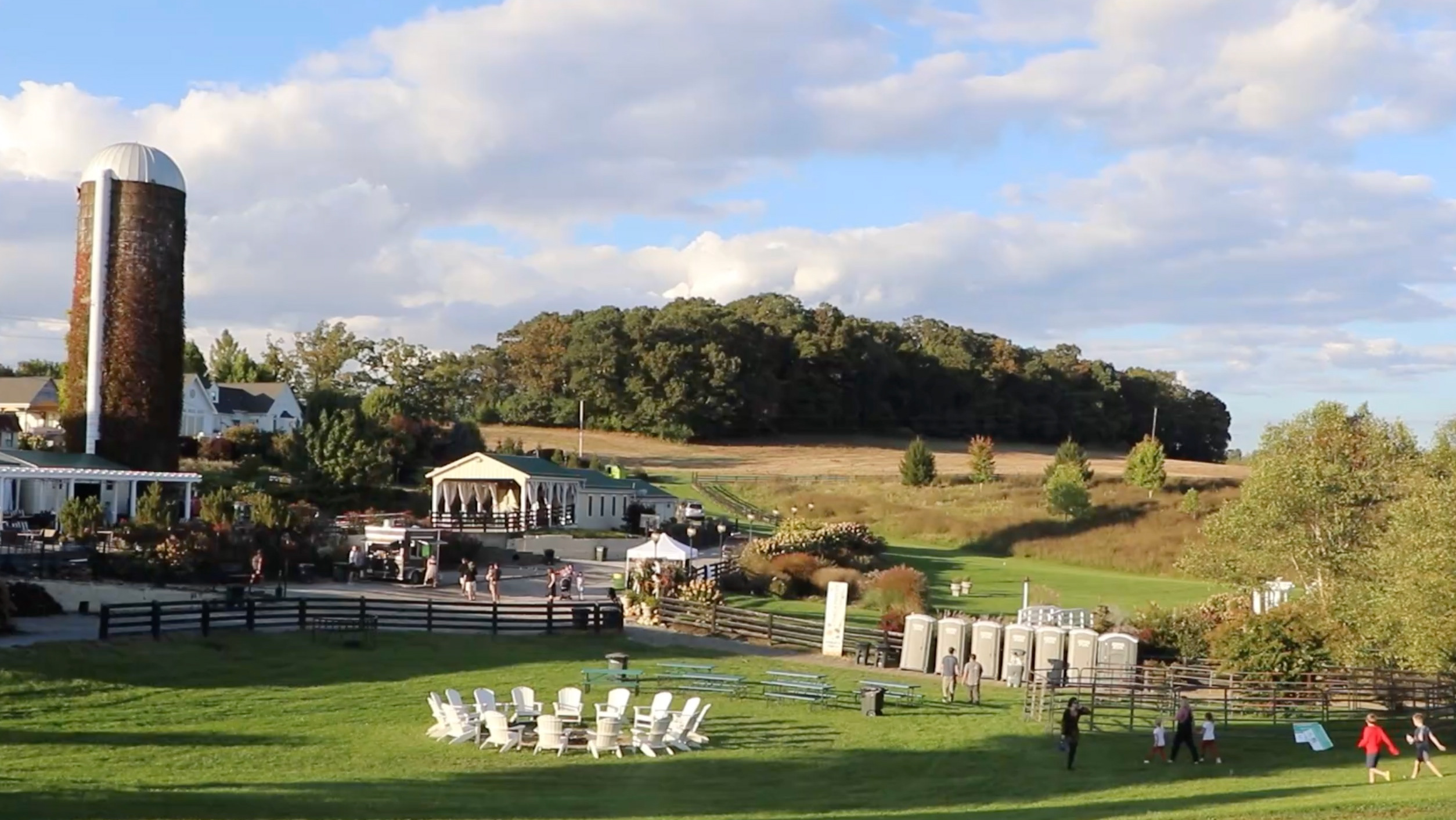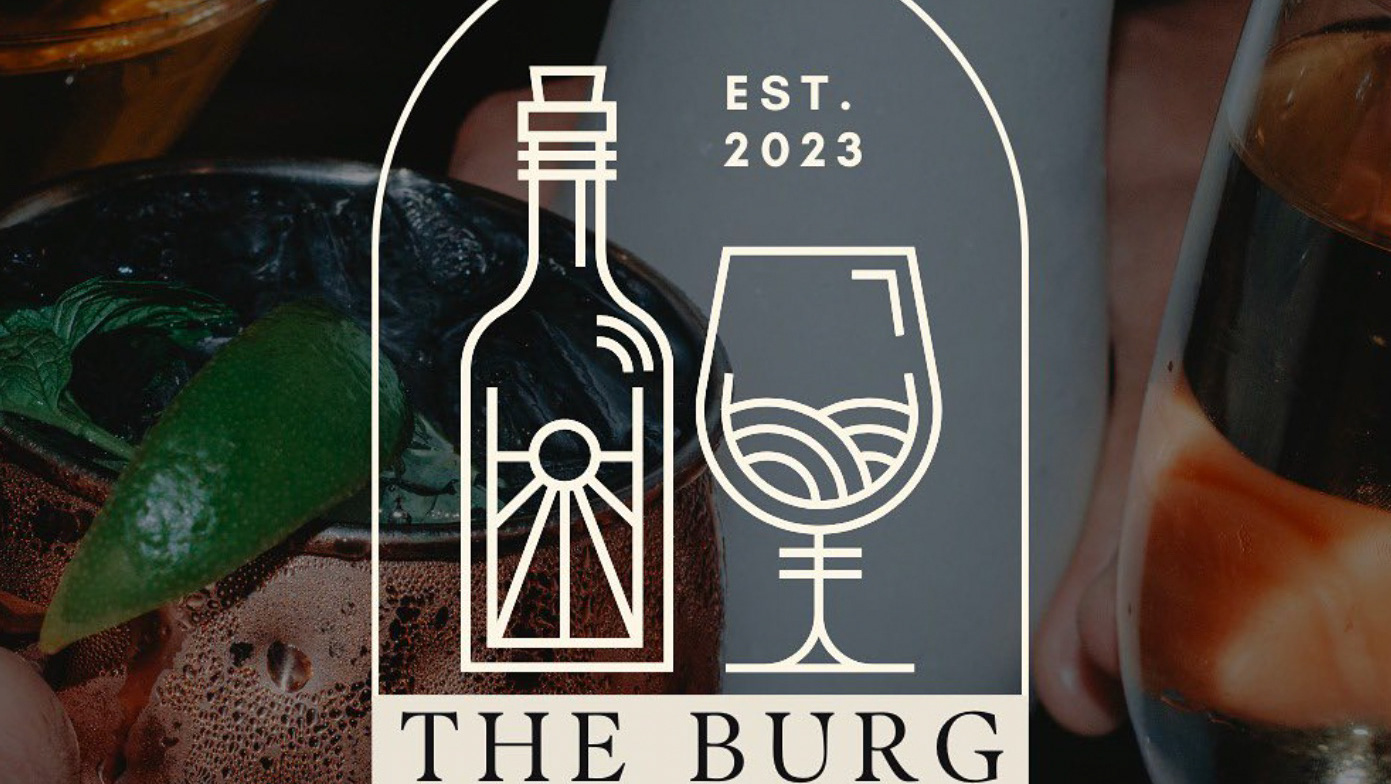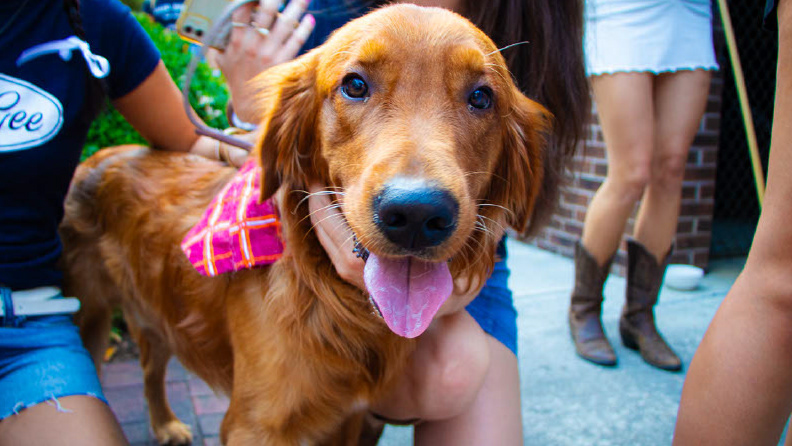MEDIA WRITING: MEDIA Q&A
WITH FORMER REPORTER AND FREELANCE JOURNALIST SEAN GORMAN
september 2023
Sean Gorman is currently a freelance journalist in Richmond, Virginia. He attended Ohio University from 1992 to 1997 and majored in journalism. From 1998 to 2020, Gorman worked as a reporter across the United States covering crime, business, PolitiFact, local government and breaking news.
Gorman gave the following interview to Michaela Scott for the first major writing assignment in COMM 2024.
[Edited for content]
What drew you to the career path of becoming a reporter and a journalist?
While I was in college, my grandfather was a huge fan of a columnist for Scripps Howard News Service, Ernie Pyle. He had a traveling column where he went around the country and talked about people’s stories. That made me just fall in love with journalism. I loved the concept of being able to tell people a story or something they might not know of which is why I stayed in journalism. My college newspaper was also one of the best experiences possible.
After graduating, you moved on to work at States News Service from 1998 to 2000. Tell me about your day-to-day work experiences at this company.
States was unique because when I was there, you would be a reporter for newspapers across the country. You could be working for a small newspaper where you would be their lone Washington correspondent. You would be their eyes and ears essentially in D.C. and follow along with what was going on in the congressional delegations and federal agencies. Whatever happened in Washington, D.C. had a ripple effect throughout the country. Any of the smallest decisions made at a federal agency can have a huge impact on another community's financial well-being, so I covered a lot of issues involving the steel industry and trade problems.
What surprised or shocked you when you first began reporting?
The nature of the work in Chicago was reporting on crime news. You are often dealing with people at the very worst time of their lives and that is very difficult. I think it is very important that journalists are willing to tell the story of someone’s life who has been touched by tragedy and to provide that opportunity. At the same time, there are people who obviously do not want to talk. When you cover tragedy day-in and day-out, I’ve always found that I wanted to do something else. That was probably one of the biggest challenges.
What mistakes did you make early on in your career?
When you are a beginning reporter, you must figure out what is news and what is not. Sometimes I would call my editor and think I had something great, but I think over the course of time, you learn what is newsworthy and what isn’t. A speaker at my college graduation said, “Before you succeed, you will fail.” You’ll make a mistake, but those are the best moments for learning.
After working at States News Service, you switched to The Journal News from 2000 to 2011. What made The Journal News different from the States News Service or any other reporting internship?
I started in D.C. and when I was there, I felt very much removed from the stories. I would be writing about money that the federal government was setting aside for this huge chunk of land that needed to be preserved way out in Santa Fe. I had never seen the land, but I would have to write based on my research and what lawmakers told me about it. I also felt that I wanted to be closer to the stories that I covered, so I wanted to leave and become a local government reporter. I was a local town hall reporter, and I was in a bureau. We basically covered the suburbs of New York City. I was keeping my ear to the ground about anything that was going on in the community. I loved that job. My bureau covered a huge amount of territory, but I could walk out of my office and walk down to the core part of this village. I would go downtown, go to the local village hall and chat with local officials. People would see you on the street and understand that you are a reporter covering their community and I love that aspect of it.
What did you find most enjoyable about The Journal News?
I really liked looking through documents and telling stories that sometimes local officials didn’t want you to tell or found frustrating. You can have disagreements with sources and a politician may be unhappy with what you wrote about, but at the end of the day, you’re still there. You’re still reporting and it’s still your job to say things that they don’t want to hear, but it’s what the people reading want to hear. Some people who were angry at me would say, “I am never going to talk to you again!” They always end up talking to you again.
From 2011 to 2020, you worked as a PolitiFact, breaking news, local government and business reporter at The Richmond Times-Dispatch. Why did you work on so many reporting jobs?
[Laughs] I did everything. I did PolitiFact for six years — I would be writing about things that state lawmakers, federal lawmakers and congressional officials would say. Then, I covered crime and local government in Richmond, then I moved into business. Everything about being a reporter was needing to know how to do your research, track down information, check the facts and work with sources to find stories. All of it came down to reporting, verifying and being able to have an ear to the ground to listen to others.
Tell me about a time when you dealt with a great amount of negative feedback.
My job every day when I came in was watchdog reporting. A politician would say that something is a certain way and it was my job to write a story, cutting through the clutter and getting down to the question: Is it accurate or not? I liked the service it provided to folks who were wondering if something was right or not. We would get calls from press officers who were giving us pushback. At the same time, we would hear from readers who email us and really appreciate that we write this stuff which is what keeps me going — remembering who my true audience is.
Tell me about a time when you faced danger while covering a story.
When I was in Chicago, I had to go to the scene of a drive-by shooting. No one will talk to you at the police station, so I would need to go to the action. There were moments when I would worry for my physical safety. At The Dispatch, I covered some of the social justice protests for George Floyd. One of the parts of reporting was online training about how to stay safe in specific situations. For example, a rule was to not get in between the protestors and the cops because they would shoot rubber bullets — you do not want to get in the middle of that. One time, I grabbed my daughter’s hot pink thermos to bring milk so that I wouldn't get tear-gassed.
What parts of the job did you find the most challenging?
I think that the newspaper industry in general has had economic troubles for a while. When I was in college, I would hear whispers among the faculty about the future of newspapers and that they might close down or people wouldn’t read them anymore. From the time I graduated to 2006, the newspaper revenue was growing and then it just went down. When that happened, there were constant layoffs over the course of decades. Someone would be laid off next to you and you would know that they are a good reporter — that is really challenging. It has an impact on the civic life of each community as well. There have been studies that have shown when a newspaper leaves an area, politicians and elected officials aren’t as accountable.
What influenced you to become a freelance writer and proofreader in 2020?
I was laid off in 2020. I had seen it happen so many times, maybe a dozen times before where I was always the one saying goodbye to somebody else. I finally got eliminated, and I was just definitely at a crossroads about what I wanted to do. I don’t think I want to go back into the newspaper industry because I am worried about the viabilities of newspapers. I do think there will be journalism. I have been doing public relations, marketing and writing. Everything I do now is from what I learned through reporting. I learned the ability to craft questions and interview people and I gained research skills. Regardless of what happens with newspapers and journalists, I know that the skills I learned can equip me in any field.
What has been your most memorable experience among all your jobs during the past few decades?
You get a front row to history, and I really like that part of being a reporter. I covered the impeachment of Bill Clinton, which shows how old I am. When Clinton was impeached, I was in the press gallery with one of my colleagues at States News Service watching the proceedings. Congress can be boring and predictable, but Parliament is great because they are growling and yelling at each other the day Clinton was impeached. It was just fun to be there and see that. Another memory was when I was in Argentina. A photojournalist had been killed while doing his job. For a country that had just come out of a brutal military dictatorship, it was so touching to see that the people have a real appreciation for the role of a reporter. They know how bad it can be if there isn’t a free society. For example, when I would talk to people on the street, they would be very open to talking to a reporter and very much wanting to help with what a reporter does. I always thought that was very fascinating because in the United States, I almost feel like the press freedoms we have are taken for granted. When I was in Argentina, they respected that much more.
My professor mentioned that Trump said in a campaign speech that the media shouldn’t be trusted and is dishonest. I understand what you mean by how surprising that experience probably was for you.
I think that there is a distrust of the media, and I certainly encountered it when I was a reporter. If I have one thing that really concerns me about journalism is that the news industry has shrunk. I’m just worried that we are forgetting the importance and the value. The inherent part of our civic life that any news organization cares about is valuable and irreplaceable.
What advice would you give a multimedia journalism major who one day would like to have a job like yours?
I would say that if you are going into journalism, that is a very good decision because you will learn the skills and they will be valuable. If newspapers do shrink, regardless of if it is on paper or online, you have the ability to find a story, listen to people, learn about a story, research a story and verify a story. All those things will be immensely important, and you should be ready to be a journalist across any platform that there is. Regardless of the platform that you are in, your skills as a reporter will definitely help you.
